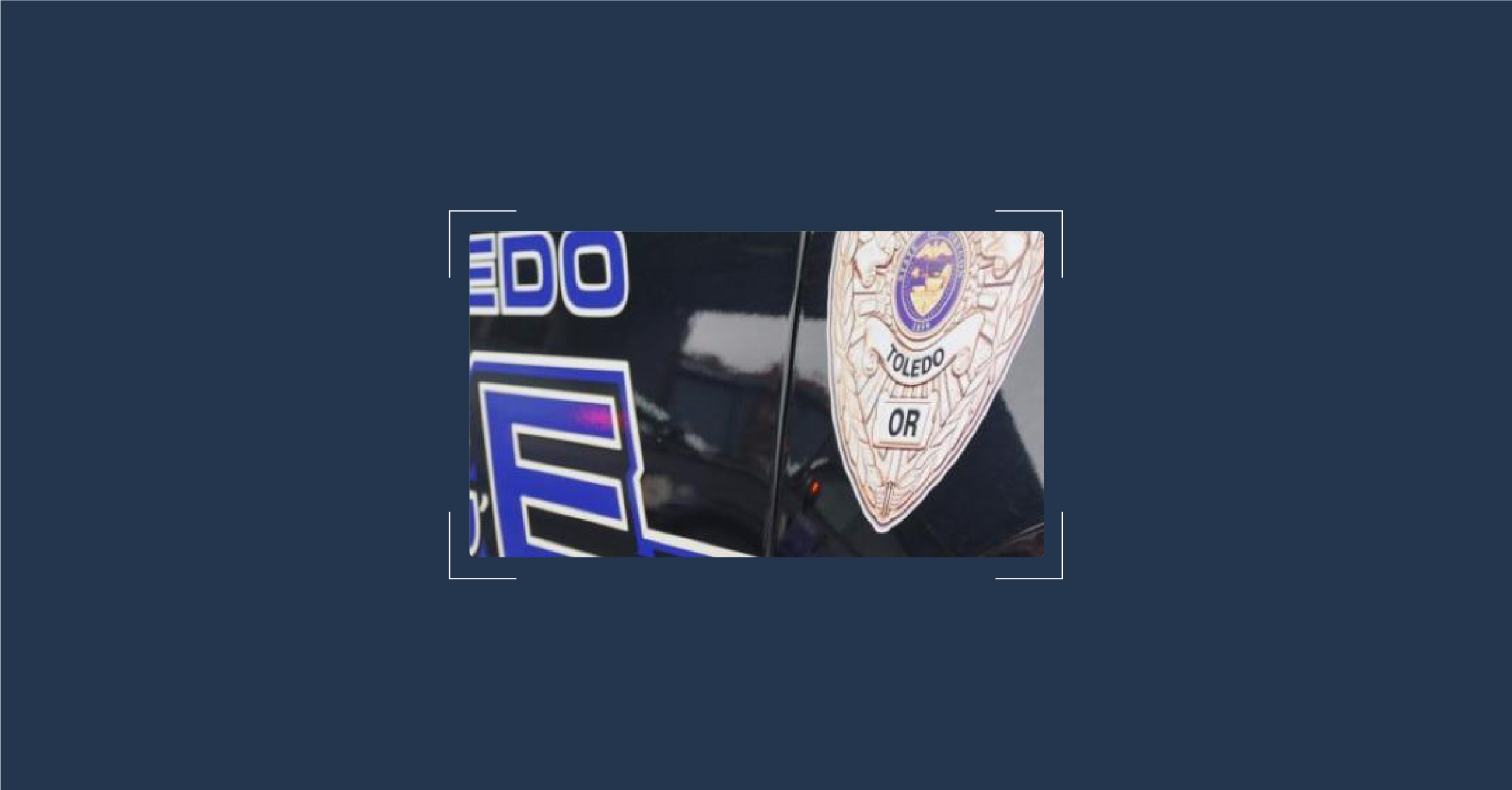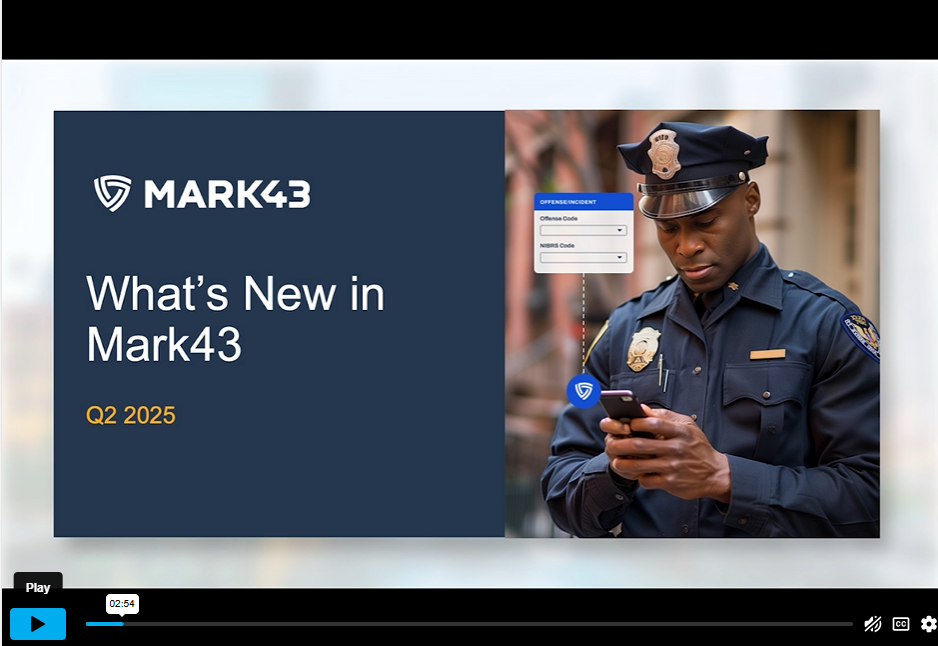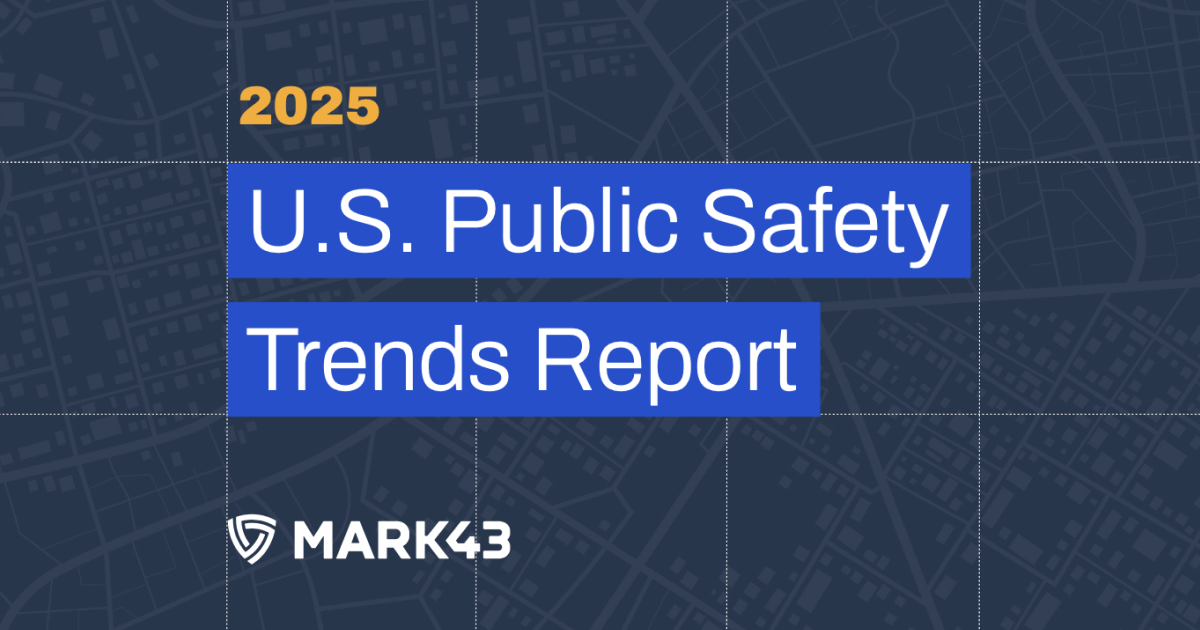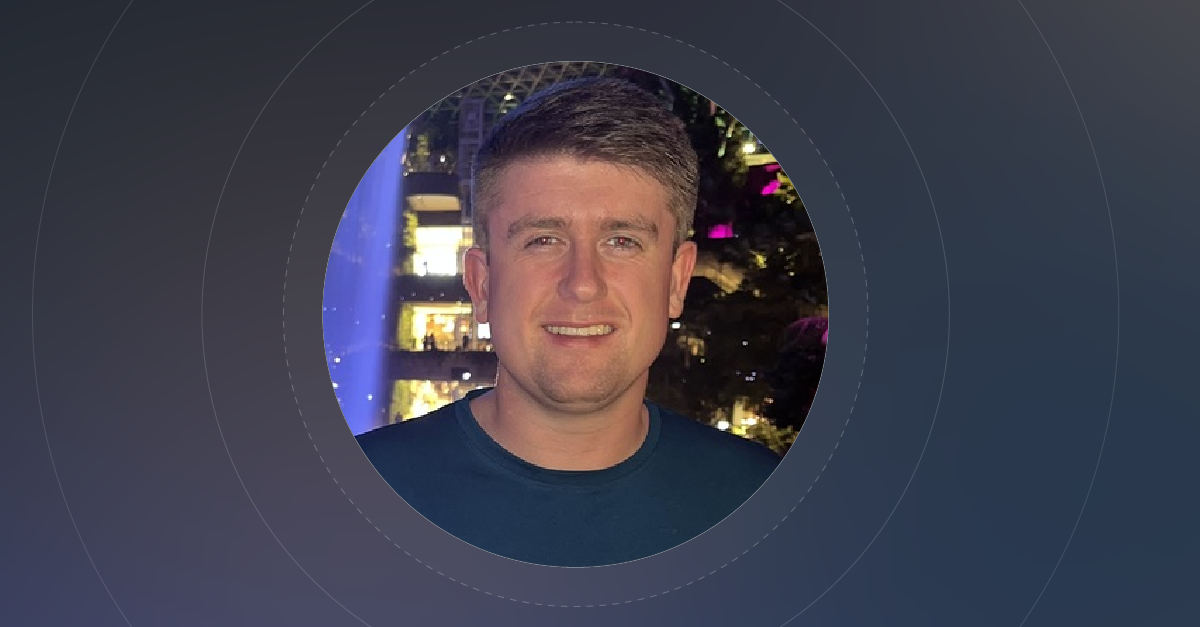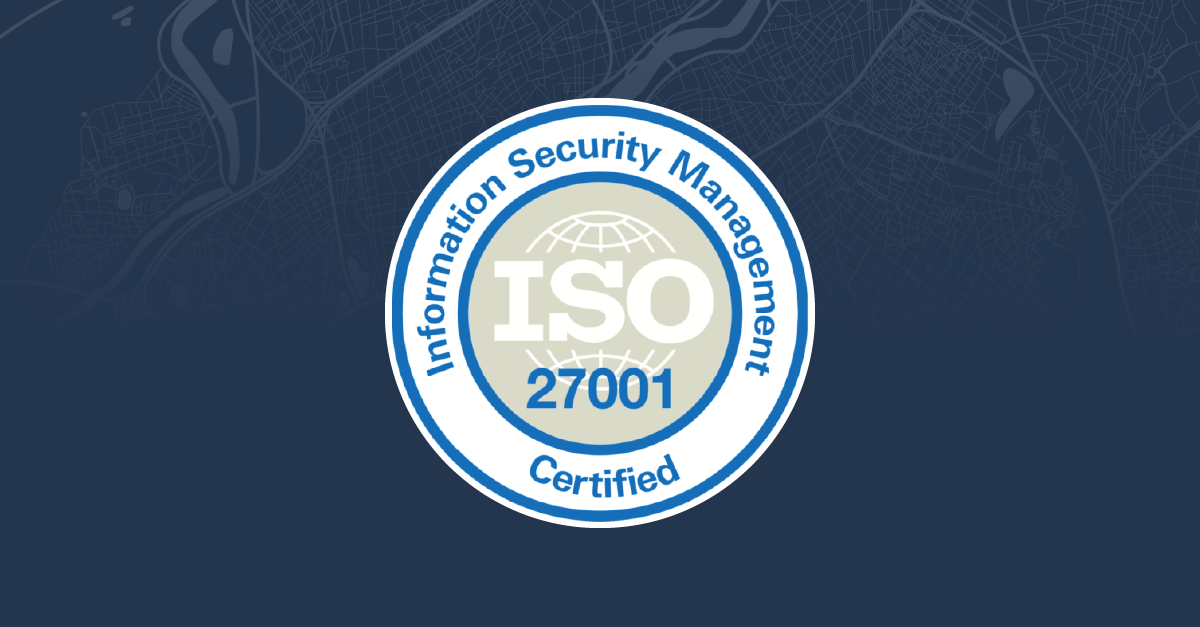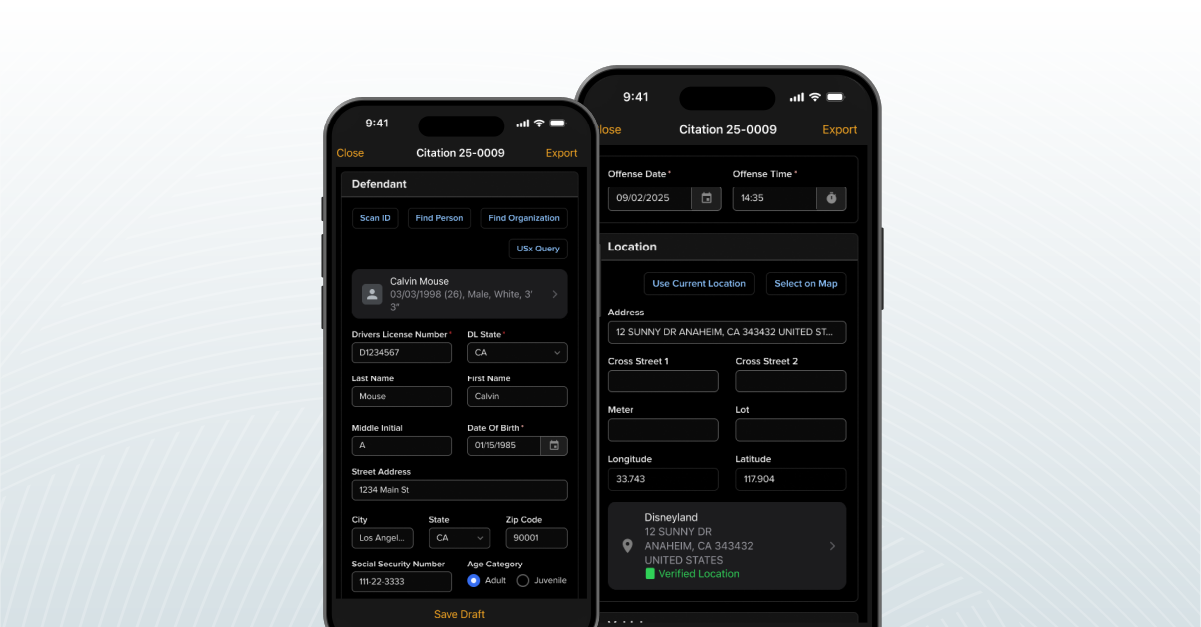The dispatch center that accepts 9-1-1 calls and sends police officers to locations in five South Bay cities is upgrading its systems with software designed to improve officer safety, decrease response times and make crime reports instantaneously available for investigative work.
The cloud-based software platform, developed by a team of young New York-based engineers, will allow dispatchers to instantly access the police history at an address before officers arrive there, and allow officers to quickly type in crime reports in their cars, eliminating the hours they spend writing reports on paper.
“This is very much the newest and most modern system out there,” said Scott Crouch, CEO of Mark43, which makes the software named Cobalt.
It may take about 15 months to implement the Cobalt system for the South Bay Regional Public Communications Authority center in Hawthorne. Commonly called RCC, the facility provides police dispatching in Manhattan Beach, Hawthorne, El Segundo, Hermosa Beach and Gardena, and soon may strike a deal with Culver City.
Ralph Mailloux, the center’s executive director, confirmed this week that Mark43 had been selected to provide the RCC with new software, but said it could take three months to negotiate the final price and reach a deal.
The five South Bay cities, which already share the costs of the facility’s dispatching services, would pay for the Cobalt software—estimated at several million dollars—depending on their policing needs, Mailloux said.
The system, first used by the Metropolitan Police Department in Washington, D.C., will make it easier to share information with the other agencies because it will be available in the cloud, making it accessible from any computer.
Crouch said Cobalt totally eliminates the need for paper reports. Therefore, officers who spend less time writing reports, either in their cars or at the station, will be able to spend more time on patrol.
The system then will create reports to go to detectives, crime analysts and others in the station, which, with paper, can become time-consuming.
“It leads to them basically having more ability to spend their time proactively,” Crouch said.
Currently, it is time-consuming for officers to go through reports to find out a history at a given location, but this system will immediately tell them what they might encounter from previous calls, Crouch said.
Mailloux said the RCC will look to improve software for firefighting efforts as well. The center provides dispatching services to member cities not served by the Los Angeles County Fire Department.
- Platform
- Solutions
- Resources
- Company


